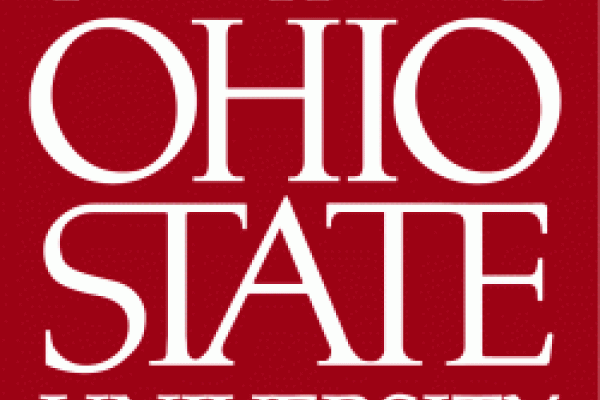
John Tofik Karam
Latin American and Latino Studies
Depaul University
Karam will explore how Lebanese migrants shaped the uneven relations between their countries of settlement in South America.This event is sponsored by The Department of Spanish and Portuguese Colloquium, including co-sponsors: The Center for Latin American Studies and The Center for Middle Eastern Studies.
Karam is an associate professor in the Latin American and Latino Studies Program at DePaul University in Chicago. Ethnographically and historically, he studies Arab cultural practices and social networks to grasp shifting national and hemispheric orders. Revealing how Arabness reflects and shapes the neoliberal turn in Brazil, his first book, Another Arabesque, won awards from the Arab American National Museum and the Brazilian Studies Association. Karam is now working on his second book, Redrawing U.S.-South American Geopolitics: Arabs, the Tri-Border, and the Rise of Brazil. Focusing on the fifty-year history of Muslim Lebanese and Palestinians at a South American trinational border, this book maps how their diaspora has defined Brazil’s emergence as a hemispheric power vis à vis Argentina, Paraguay, and U.S.-South American relations. Karam has appeared in Brazilian media, including the Estado de S. Paulo newspaper, the Instituto da Cultura Árabe (Icárabe), and the CBN Radio Network.
This event is sponsored by The Department of Spanish and Portuguese Colloquium, including co-sponsors: The Center for Latin American Studies and The Middle East Studies Center.
